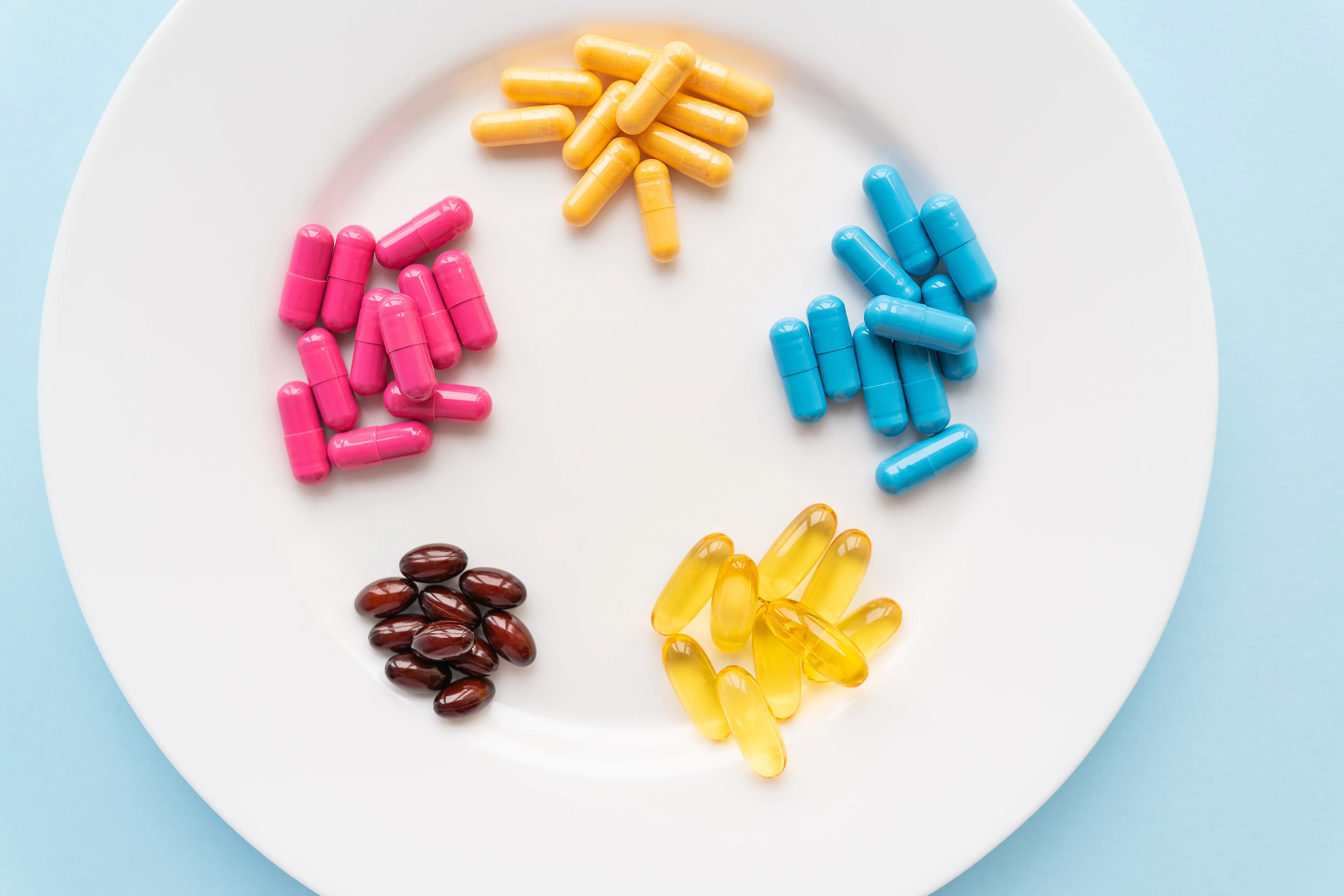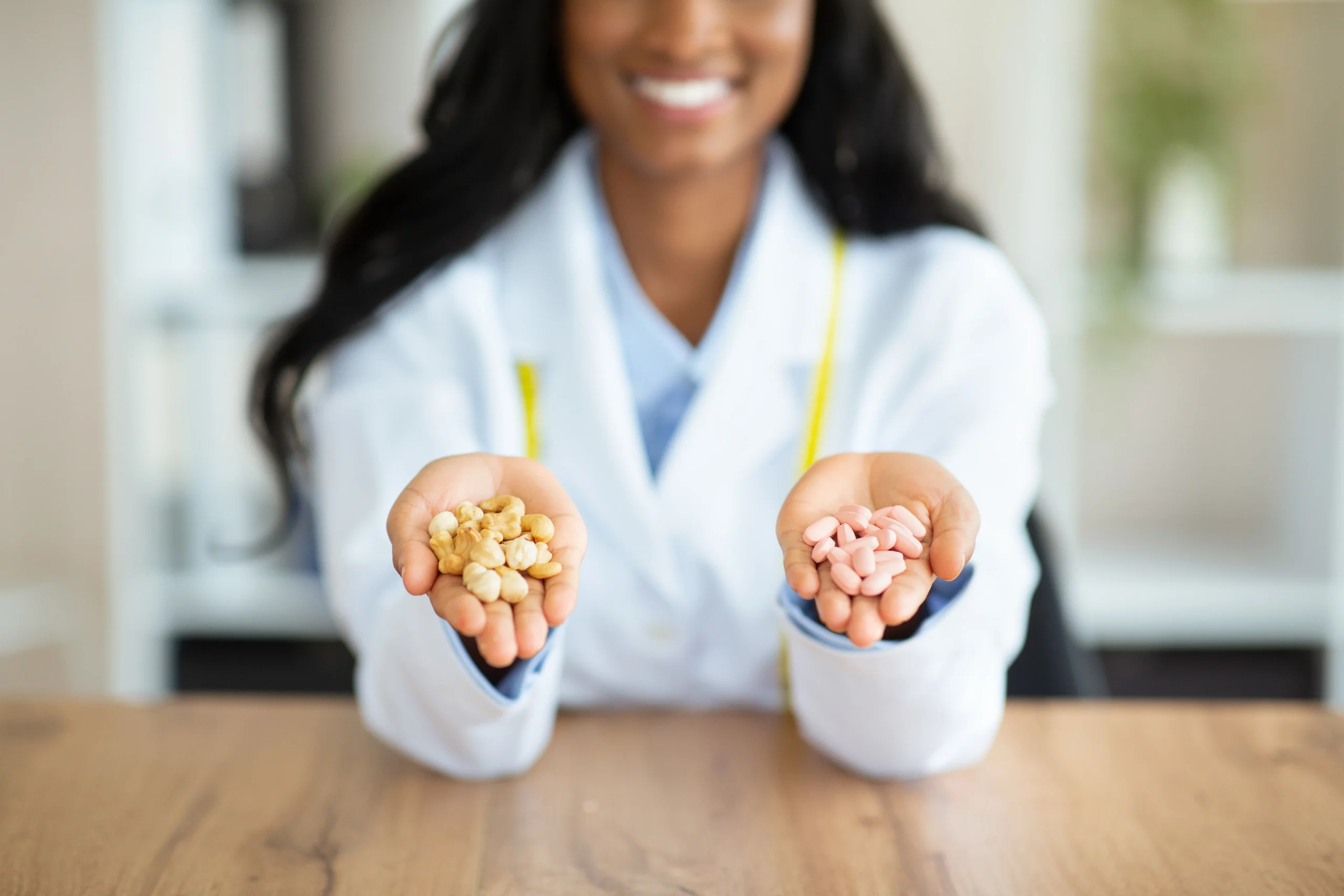Chai tea is a beloved beverage known for its rich aroma, warming spices, and comforting flavor. Often enjoyed with milk and sweetener, chai tea is rooted in Indian tradition and has gained worldwide popularity. But for those monitoring their caffeine intake, an important question arises—does chai tea have caffeine? This article explores the caffeine content of it, how it’s made, and its impact on energy and wellness.
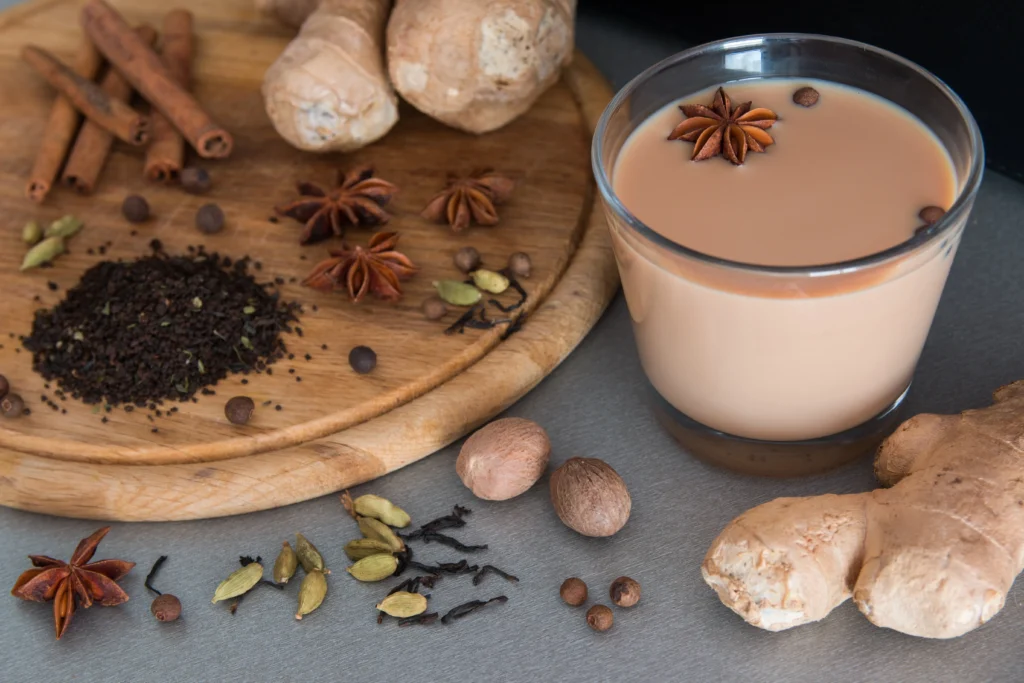
What is Chai Tea Made Of?
Chai, also known as “masala chai,” traditionally consists of black tea brewed with a combination of spices such as cinnamon, cardamom, ginger, cloves, and black pepper. The mixture is typically simmered with milk and a sweetener, creating a fragrant and creamy drink that is both stimulating and soothing.
The base of chai tea is black tea, which naturally contains caffeine. The amount of caffeine can vary depending on the type of black tea used and how it’s brewed, but black tea generally provides more caffeine than green or white tea, and less than coffee.
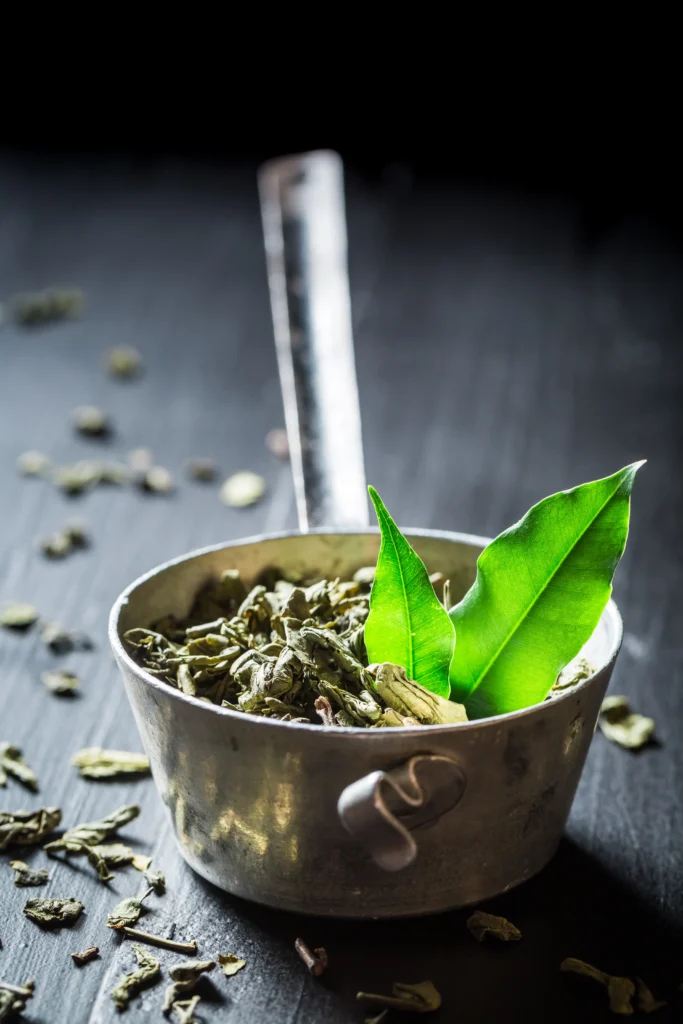
How Much Caffeine is in Chai Tea?
Yes, chai tea does contain caffeine, primarily from the black tea leaves. An average 8-ounce cup of brewed chai tea contains about 40 to 60 milligrams of caffeine, though this can fluctuate depending on the recipe and preparation method.
Several factors influence the caffeine content in chai tea:
- Tea-to-spice ratio: More tea leaves result in higher caffeine content.
- Steeping time: Longer steeping increases caffeine extraction.
- Concentration: Chai concentrates or store-bought mixes may have varying caffeine levels depending on their formulation.
For comparison, a typical cup of coffee contains about 95 milligrams of caffeine, while green tea ranges from 20 to 45 milligrams per cup.
Chai Latte vs. Traditional Chai
In coffee shops, chai is often served as a chai latte—a mixture of chai tea concentrate and steamed milk. These concentrates usually contain added sugars and may have different caffeine levels than traditional brewed chai. Some commercial chai latte mixes are decaffeinated or formulated with lower caffeine levels.
If you’re trying to limit caffeine, it’s important to check labels or ask baristas about the caffeine content in chai lattes. Decaf versions or herbal alternatives are also available for those seeking the flavor of chai without the stimulation.
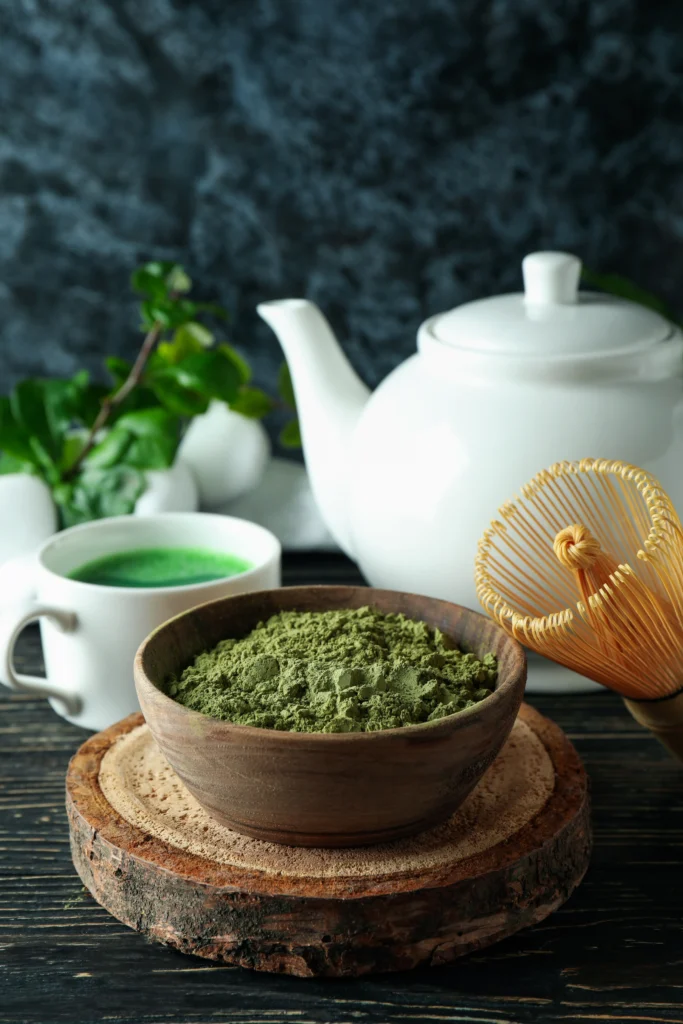
The Benefits of Chai Tea
Beyond caffeine, chai tea offers a range of health benefits thanks to its blend of spices. Ginger and cinnamon are known for their anti-inflammatory properties and may help with digestion. Cardamom and black pepper have antioxidant effects and can support respiratory health.
The moderate caffeine content of chai tea, combined with these warming spices, offers a gentle energy boost without the jitteriness often associated with coffee. Additionally, the ritual of preparing and sipping chai can have a calming, grounding effect that supports mental wellness.
For more resources on maintaining balanced energy and holistic hydration, visit Healing Hydration & Wellness.
Managing Caffeine Intake
If you enjoy the taste of chai but are sensitive to caffeine, there are a few ways to minimize its impact:
- Choose decaffeinated black tea as a base
- Use more milk and fewer tea leaves in your preparation
- Try rooibos chai, which uses caffeine-free rooibos tea instead of black tea
These adjustments allow you to enjoy the flavor and warmth of chai without the stimulating effects of caffeine.
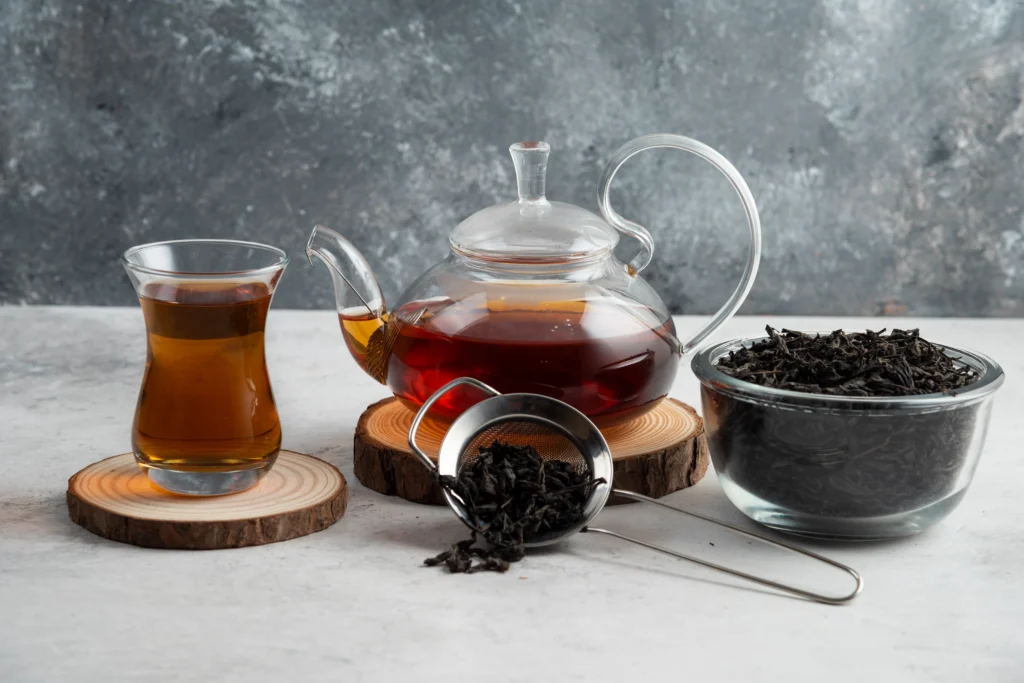
Conclusion
So, does chai tea have caffeine? Yes, it does—mainly due to its black tea base. However, the caffeine content is moderate and can be adjusted based on how you prepare it. Whether you’re seeking a cozy, spiced drink for a mid-morning break or a gentle pick-me-up, chai tea offers a flavorful and comforting option.
For hydration support and wellness insights tailored to your lifestyle, explore the offerings at Healing Hydration & Wellness.

